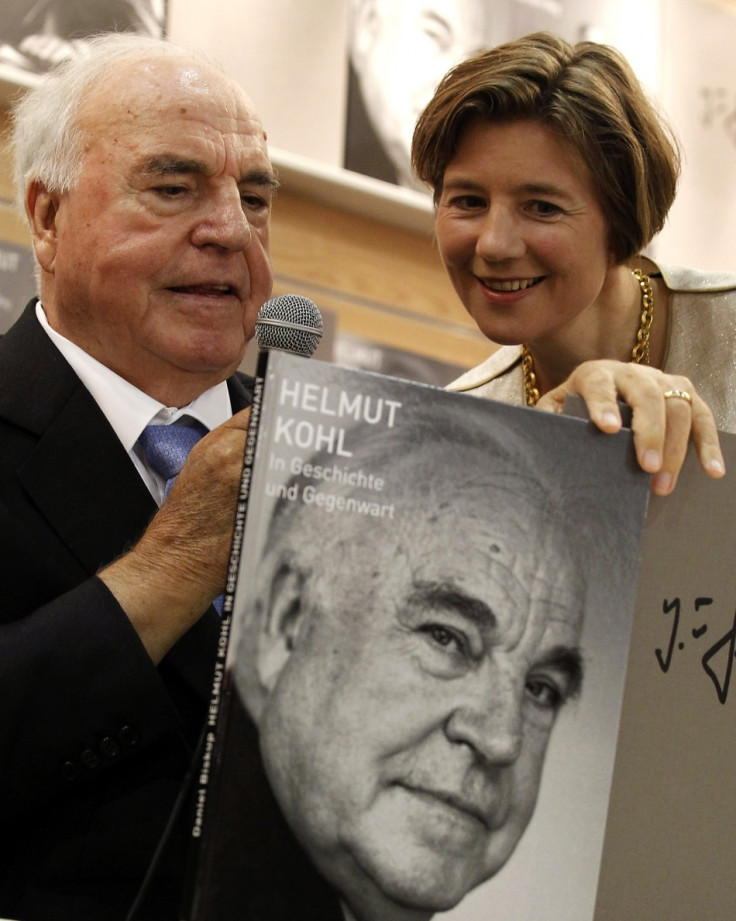World leaders bid farewell to driving force behind Germany unity Helmut Kohl
German Chancellor Angela Merkel said the lives of millions of East Germans, including her own, benefitted from his leadership.

World leaders bid farewell to former chancellor Helmut Kohl, the who steered his country toward reunification in 1990 and whose tireless efforts to ensure peace and stability in Europe shape the continent to this day.
Hundreds of dignitaries yesterday attended a requiem Mass at Speyer Cathedral in Kohl's home region of Rhineland-Palatinate in southwest Germany.
Earlier in the day, past and present leaders from around the world paid tribute to Kohl at the European Parliament's seat in the French city of Strasbourg.
Kohl, who died June 16 at the age of 87, is the first person to be honoured with an official memorial event by the European Union.
During his 16-year term as Germany's leader, stretching from 1982 to 1998, not only did Kohl oversee his country's reunification but also spearheaded the creation of the euro currency, which is now used by 19 nations.
"Helmut Kohl gave us the chance to be involved in something bigger than ourselves," said former US President Bill Clinton, citing Kohl's willingness to put international cooperation before national interests at key moments in history.
Kohl is widely regarded as having skillfully overcome the fears of Germany's neighbours when an end to the country's decades-long division into a communist east and a democratic west first became a realistic possibility in the late 1980s.
Merkel thanks Kohl
Drawing on his friendships with several world leaders, often forged over hearty meals, Kohl assured the Allied nations that had beaten Nazi Germany in World War II that his country no longer aspired to dominate others.
German Chancellor Angela Merkel said Kohl's vision and persistence had paid a historic dividend.
"Without Helmut Kohl, the lives of millions of people who lived behind the [Berlin] Wall until 1990 would have taken a completely different course, including mine," said Merkel, who grew up in communist East Germany. "Thank you for the opportunities you gave me."
French President Emmanuel Macron noted that it was one of his predecessors, Francois Mitterrand, and Kohl — two men who had experienced the suffering of World War II on opposing sides — who were able to "overcome the terrible memories of their generation." Macron pledged to continue their work in forging a united Europe, working together with Merkel.
Several speakers recalled the poignant gesture of reconciliation in 1984, when Mitterrand and Kohl held hands during a ceremony at a World War I cemetery in Verdun, France.
Following Saturday's ceremony in Strasbourg, Kohl's coffin was transported by helicopter to Germany and then taken down the Rhine river to Speyer, with thousands of people lining the roads and riverbanks to bid their farewell.
© Copyright IBTimes 2025. All rights reserved.





















